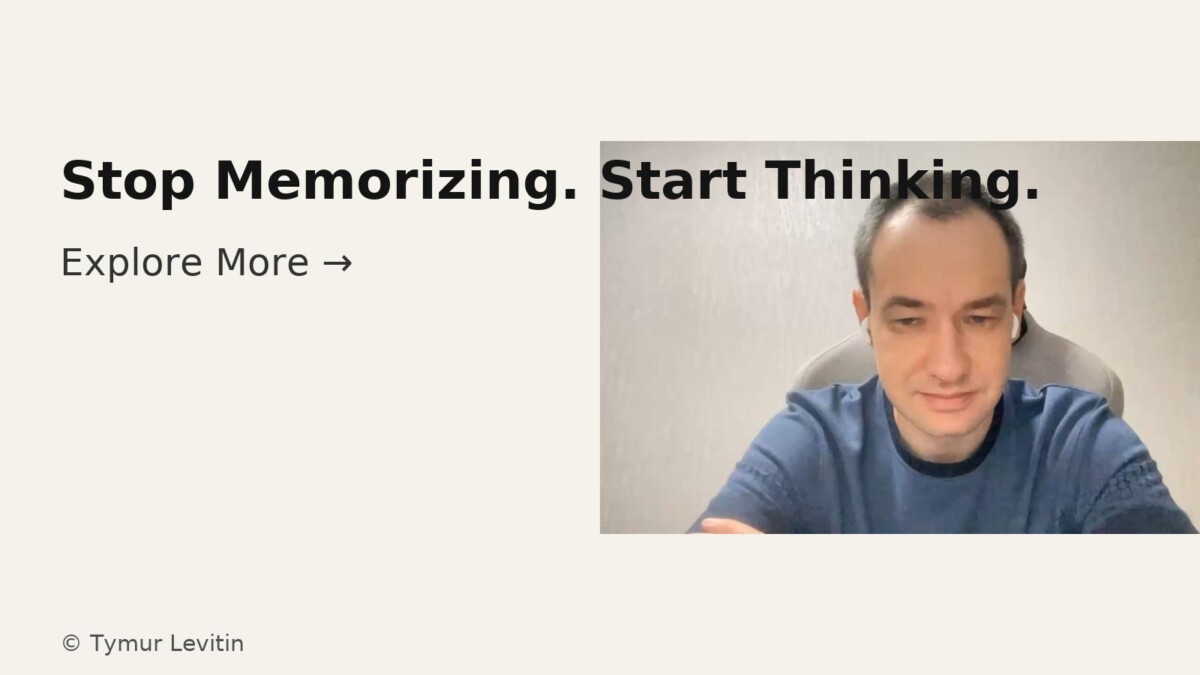Why These Verbs Are Tricky
English has four common verbs of communication — say, tell, speak, talk. They often translate the same way, but their grammar and usage are different. Let’s make it simple.
Say — Focus on Words
We use say when the focus is on the words themselves, not the listener.
- She said “hello.”
- He said that he was tired.
- What did she say?
👉 Form: say + something.
❌ She said me hello.
✔️ She said hello to me.
Tell — Focus on the Listener
We use tell when the focus is on giving information to someone.
- She told me the truth.
- He told us a story.
- Don’t tell anyone!
👉 Form: tell + someone + something.
❌ She told to me.
✔️ She told me.
Speak — Formal, Ability, Languages
We use speak in more formal situations, or when talking about languages.
- May I speak to the manager?
- He spoke about his new project.
- She speaks English and German.
Talk — Informal Conversation
We use talk for friendly, informal communication.
- They talked for hours on the phone.
- Can we talk later?
- She talked to her friend about the problem.
Quick Table
| Czasownik | Focus | Przykład |
|---|---|---|
| say | words | She said “hello.” |
| tell | listener + info | He told me a story. |
| speak | formal / language | He speaks Spanish. |
| talk | informal chat | We talked about the movie. |
Mini Quiz
- She ___ me she was busy.
→ told - What did he ___ about the exam?
→ say - We ___ on the phone yesterday.
→ talked - He can ___ three languages.
→ speak
Common Mistakes
❌ He said me the answer.
✔️ He told me the answer.
❌ She told to her friend.
✔️ She told her friend.
❌ Can we speak now? (too formal for friends)
✔️ Can we talk now?
FAQ
Q: Is “say” always without a person?
A: Mostly yes. Use say something to someone if you mention the listener.
Q: Is “speak” more formal than “talk”?
A: Yes. Speak = formal/professional, talk = casual.
Q: Can I use “tell” without an object?
A: Usually no. You tell someone something.
Final Tips
- Say → words.
- Tell → person + info.
- Speak → formal, languages.
- Talk → informal chat.

Dowiedz się więcej
Czytaj także:
👉 Why Students Fail in Listening — It’s Not What You Think
👉 English Learning Page
© Author’s concept by Tymur Levitin — founder, director, and lead teacher of Szkoła językowa Levitin (Start Language School by Tymur Levitin).
























